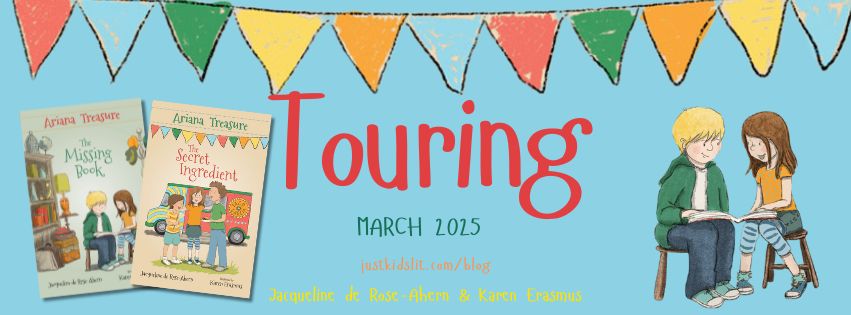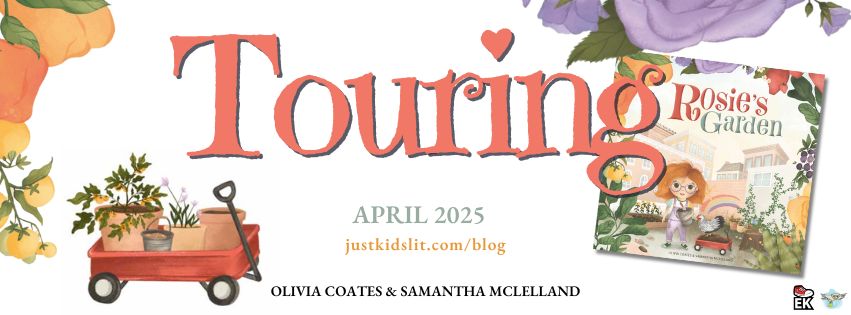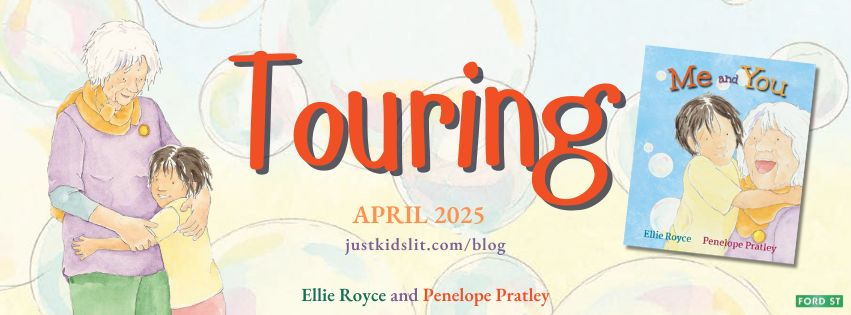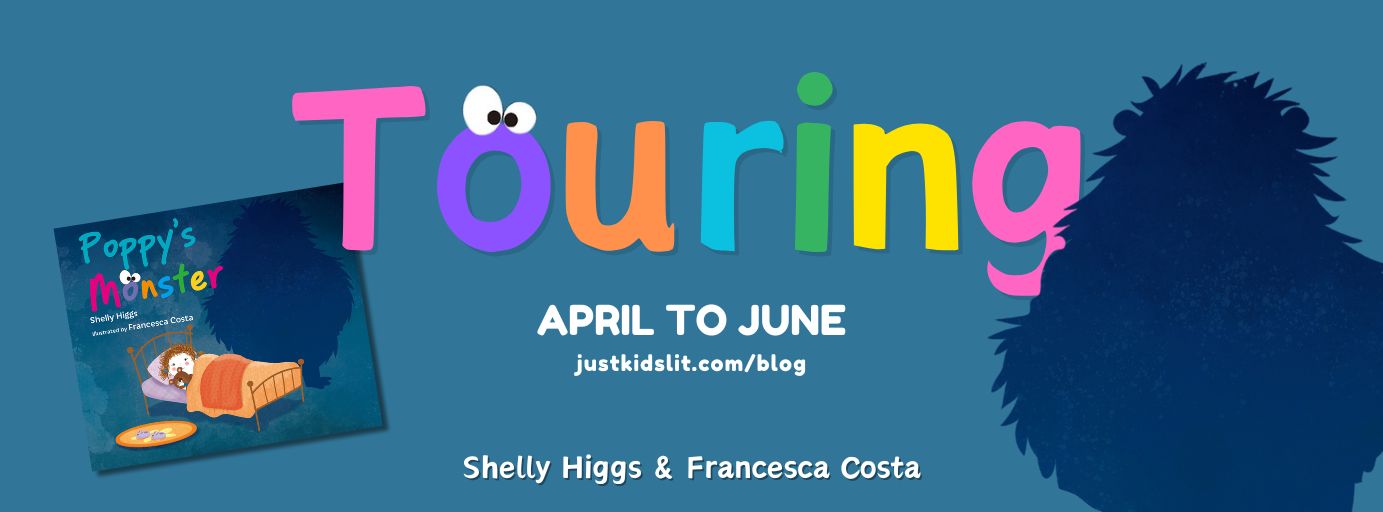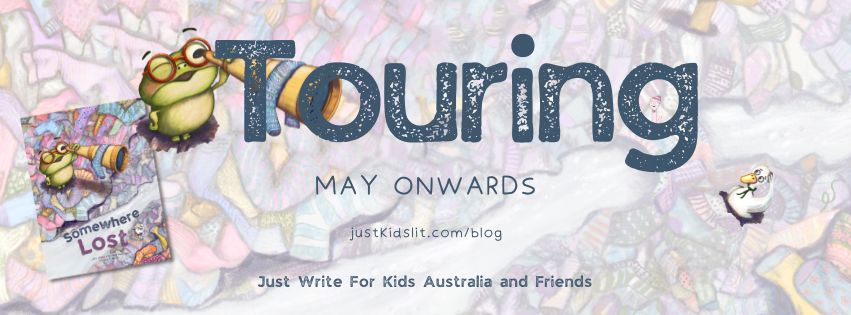Welcome to #TheQuickSixInterview with Eva Collins!
Described as “an affecting and timely contribution to the genre of the immigrant voice” (Dr. Jordie Albiston) and written with a “distinctively sparkling verse” (Professor Kevin Brophy AM), this poetic memoir of postwar history by Eva Collins is an important read for our times. Receiving prestigious literary award nominations, Ask No Questions is a highly recognised, moving verse account of Eva’s family’s migration from Poland to Australia during the Cold War. A recommended, prevalent book that also serves to benefit students’ studies on history and past and present social issues.
Thank you, Eva! 🙂
About the Author
Polish born Eva Collins is a Melbourne based artist and writer. Her poetry has appeared in Best Australian Poems, Quadrant, Westerly, Southerly, Cordite Review, the Newcastle Poetry Prize Anthology, Melbourne trains and on the streets of Melbourne and Poland. She has been commended and highly commanded for her poetry in a number of national and international poetry competitions. Her photography and video work has been shown at the National Portrait Gallery, Monash Gallery of Art, Melbourne Museum, PICA and international film festivals.
Please find Eva Collins at her website: Eva Collins Photography + Writing and on Instagram.
Ask No Questions can be found at the Puncher and Wattman website.
WHO wrote, illustrated and published this book?
I, Eva Collins wrote the book. There are no illustrations, except the book cover which is a photo of my parents and myself on a migrant ship from Italy to Australia, which we took in 1958.
Published by Puncher and Wattman.
WHAT is it about?
ASK NO QUESTIONS
Ask No Questions is a refrain that Eva Collins heard her parents say whenever she questioned their decisions.
It is a record of my family’s migration from Communist Poland to Australia during the Cold War. It is told from my 12-year-old-self’s perspective, delving into the heartache I felt in leaving her mother country. I felt violated, as my life was ruptured. I often wonder if I still miss Poland because it wasn’t my decision to leave. And would I feel similarly, if Australia was suddenly a place I could not come back to.
The book’s language is simple and sparing, underscoring powerful images. Its restrained form matches the caution and alertness my parents felt whilst living under the Communist surveillance regime and widespread anti-Semitism.
My father’s decision to go to the other side of the world was ‘to be as far away from Moscow as possible’ is sadly topical today when we watch Moscow rain its will and destruction on Ukraine.
Aside from the actual story, the theme has universal implications. It applies to all migrants and refugees from anywhere. It has pathos but also humour making it easier to carry the message across.
Ask No Questions is particularly suitable to the teaching of History and English as it fits in well with the Intercultural Capabilities of the Victorian Curriculum prescription for the Year 10 students.
What is your favourite part of this book?
My favourite part of the book are poems which emerged from deep within me, such as in the verse ‘Poland’ I resort to visceral sensations of the sense of belonging I felt when I returned to Poland. Most of the verses are very visual which hopefully immerse the reader.
WHEN did you begin writing this book?
The book started as a poem and then it grew into a book, suitable for teenagers and adults. In 2006 I completed a Diploma in Professional Writing when I took poetry as a subject.
When is its release / launch date?
The book was published by Puncher & Wattmann in 2020.
WHERE did the inspiration for this book come from?
The inspiration to tell my story came from observing that there are not many books for young adults referencing migration from Eastern Bloc during the Cold War.
WHY is this book meaningful to you?
This book is so meaningful to me because I feel I paid tribute to my parents and actually to all people who had to leave their homelands and start anew. There certainly are compelling reasons why people emigrate, but it’s important to bear in mind, that even though they gain a lot by immigrating, they also lose a lot in leaving their country of origin. Just as migrants are seen as foreigners to Australians, so too the Australians are perceived as foreign to migrants. There is that initial discomfort of otherness.
Why would its message resonate with readers?
The book has already resonated with many readers of various backgrounds.
I think this is so because though I write about my specific experience, its gist is universal and would resonate with people who for various reasons felt ‘other’.
HOW do you feel about the cover design? How do they convey the feeling or mood you envisioned?
The photo on the book cover is appropriate because it shows my family, the actual people the story is about waving good-bye to Europe, which they won’t see for a long time. They are going to somewhere far and unknown.
How have you promoted this book and how can we find it?
In 2023, ‘Ask No Questions’ has been a finalist in The Prime Minister’s Literary Award for Young Adult Readers and The Book of the Year for Older Readers, nominated by the Children’s Book Council of Australia.
This has attracted many libraries to store the book and I have been asked to speak at several schools.
Other than that, it is available online, through book shops such as Readings, Dymocks, Jeffrey’s Books and directly from the publisher, puncherandwattman.com.
OTHER information or experiences you’d like to share?
There is a Glossary or Teacher’s Notes at the back of the book, clearly explaining what various terms mentioned in the book mean.
Thanks so much, Eva, for sharing your poignant, significant memoir! 🙂
#thequicksixinterview #asknoquestions #australianhistory #memoir #youngadult #justkidslit









